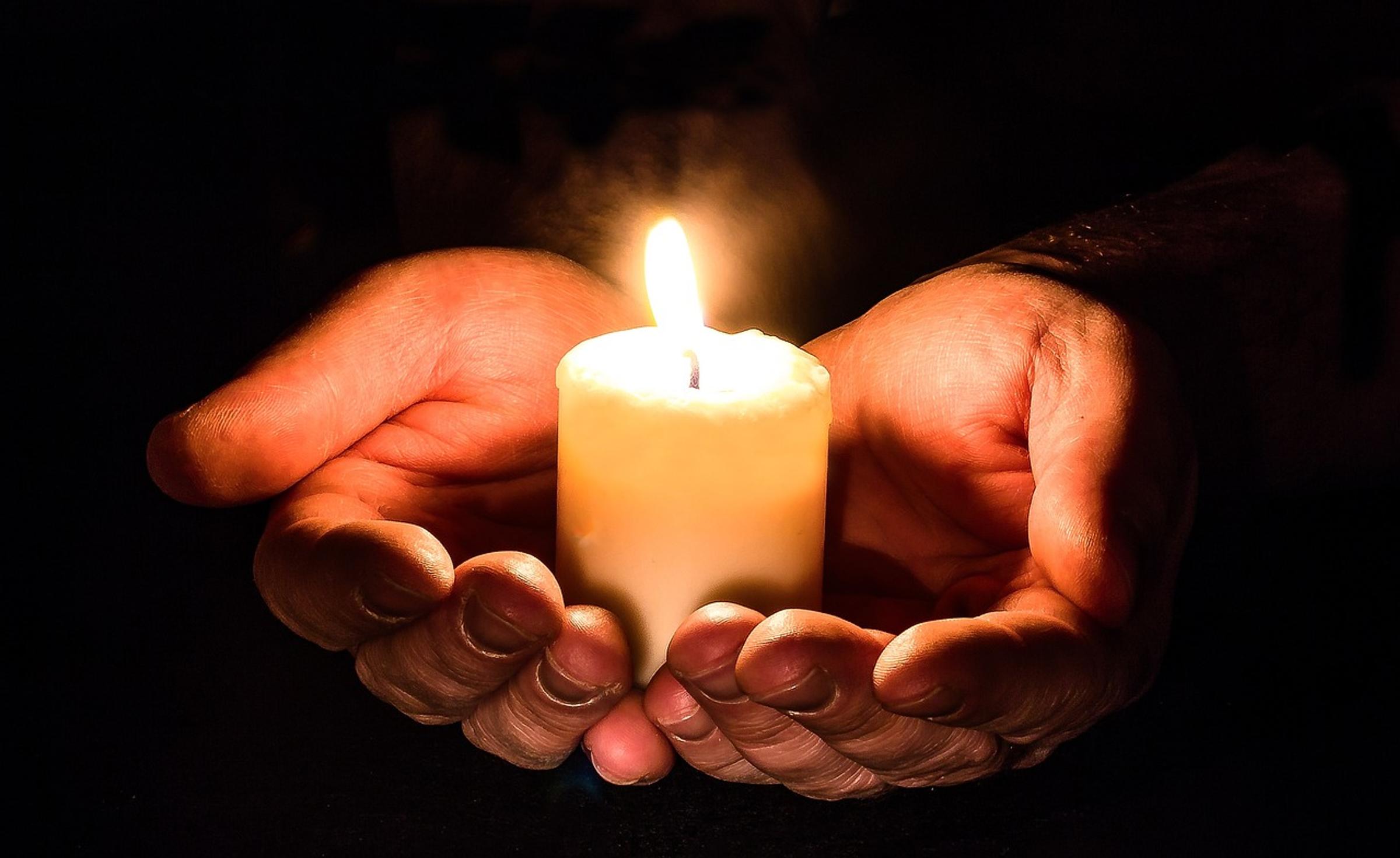Prayer

A cornerstone of our Marian Celebration Day was the student led multi faith liturgy. This was a powerful testament to our school's harmonious diverse community. Through heartfelt prayers and reflections contributed by students from various faith traditions, we created a sacred space where differences were celebrated and common ground was discovered. This shared experience fostered a profound sense of belonging and respect among our community.
The following prayers made our multi faith liturgy one to be embraced.
Traditional Buddhist Prayer by Parida
May all be free from sorrow and the causes of sorrow; May all never be separated from the sacred happiness which is sorrowless; And may all live in equanimity, without too much attachment and too much aversion, And live believing in the equality of all that lives.
A Hindu Reflection by Mananya
We meditate on that most adored Supreme Lord, the creator, whose effulgence (divine light) illuminates all realms (physical, mental and spiritual). May this divine light illuminate our intellect.
A Reflection on a Quranic Verse by Minahil
“God does not burden a soul beyond that it can bear” [Quran 2:286]
This simple yet powerful statement from the Quran which offers us an incredible source of comfort and reassurance in our daily lives.
This verse highlights God’s intimate knowledge of each of us. It assures us that any trial or responsibility placed upon us is within our capacity to handle. This divine wisdom means that no matter how overwhelming a situation might seem, we have been equipped with the strength and resilience to face it otherwise it wouldn't have been placed in our life. We are reminded that our struggles are not unnoticed or unacknowledged by God. Instead, they are measured and proportionate to our individual capabilities. It reassures us that life's challenges are not arbitrary or unjust, but rather, they are opportunities for growth, patience, and perseverance.
Furthermore, this verse encourages us to develop a sense of personal responsibility and resilience. Knowing that we are never tested beyond what we can bear instils in us the confidence to face our difficulties. It teaches us to trust in our abilities and to remain steadfast in the face of adversity. This perspective helps us view challenges not as insurmountable obstacles, but as chances to learn.
The assurance that we are capable of handling our burdens can inspire hope and determination, helping us to navigate through life with patience.
A Sikh Reflection by Jagjot
Ik Onkaar There is one god
Sat Naam Karta Purakh Truth is his name, he is the creator
Nirbhao nirvair He is without fear, he is without hate
Akaal Moorat He is timeless and without form
Ajoonee saibhang He is beyond birth and death,
The enlightened one
Gur Parsaad He can be known as the Guru’s grace
Jap Meditate on his name
Aad Sach He was true before creation
Juggad sach He was true when ages commenced
Hai bhee sach He is true now
Nanak hose bhee sach He will always be true
The Catholic story of The Lost Hands by Agatha
One morning as I knelt and prayed,
I gazed at the statue of Christ in clay
And lo! To my dismay
He’s got no arms and hands that sway.
I searched around and searched from roof to ground and even beyond.
His wounded hands could not be found.
So I turned to Him and asked our Lord if it’s a dream;
Why in His glorious seat He seemed to be incomplete?
Then kindly, He replied:
YOU ARE MY HANDS
…heal the wounds of the afflicted
…care for the poor
…give hope to the helpless
…reach out to the weary
…clothe the naked.
By doing this my child…you will RESTORE MY HANDS.
A Buddhust’s Reflection on the Catholic story of The Lost Hands by Fiona.
This reflection contemplates how the Marian LEOs use their hands to care for others through a Buddhist lens.
The Catholic story of "The Lost Hands" metaphorically underscores our responsibility to embody Christ's compassion and care, urging us to heal the wounded, help the poor, give hope to the helpless, and support the weary. From a Buddhist perspective, this aligns with karuna (compassion) and dana (generosity), highlighting selfless service and alleviating suffering.
Buddhism teaches that compassionate action (karuna) and generosity (dana) are essential for enlightenment, urging individuals to act selflessly to relieve others' suffering, mirroring the Catholic call to be Christ's hands. Leos, under Lions Club International, embody these virtues by supporting those in need, impacting lives globally, and promoting peace and understanding.
Leos' hands-on service, such as fundraising events, benefits the marginalized and underprivileged, reflecting Buddhist teachings and the bodhisattva ideal of striving for all beings' well-being. Within Marian, Leos lead initiatives that educate and engage peers, fostering a culture of compassion and service. Such efforts ensure the fortunate uplift others, restoring the metaphorical hands of Christ and fulfilling the Buddhist ideal of compassionate action.
By integrating Catholic and Buddhist teachings, Leos show a profound commitment to humanitarian service. Their actions demonstrate universal values, illustrating how compassionate deeds bridge spiritual teachings and practical impact.
I hope this gave you an insight into Buddhism and how Buddhist teachings are similar to those of Christianity.
